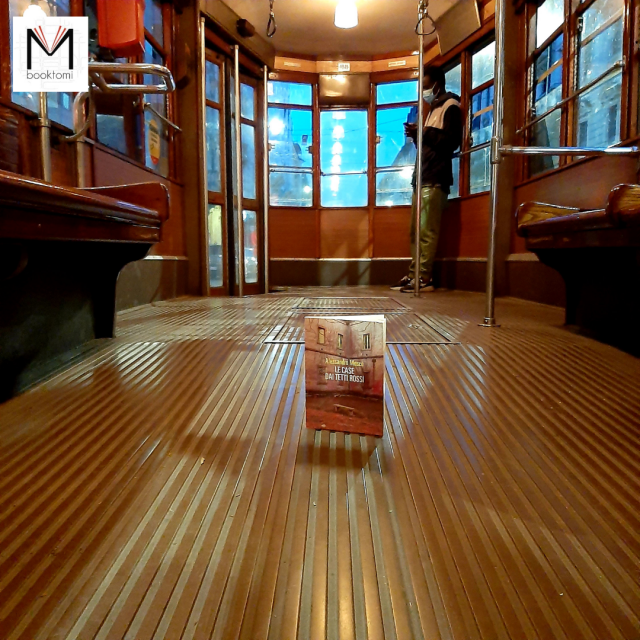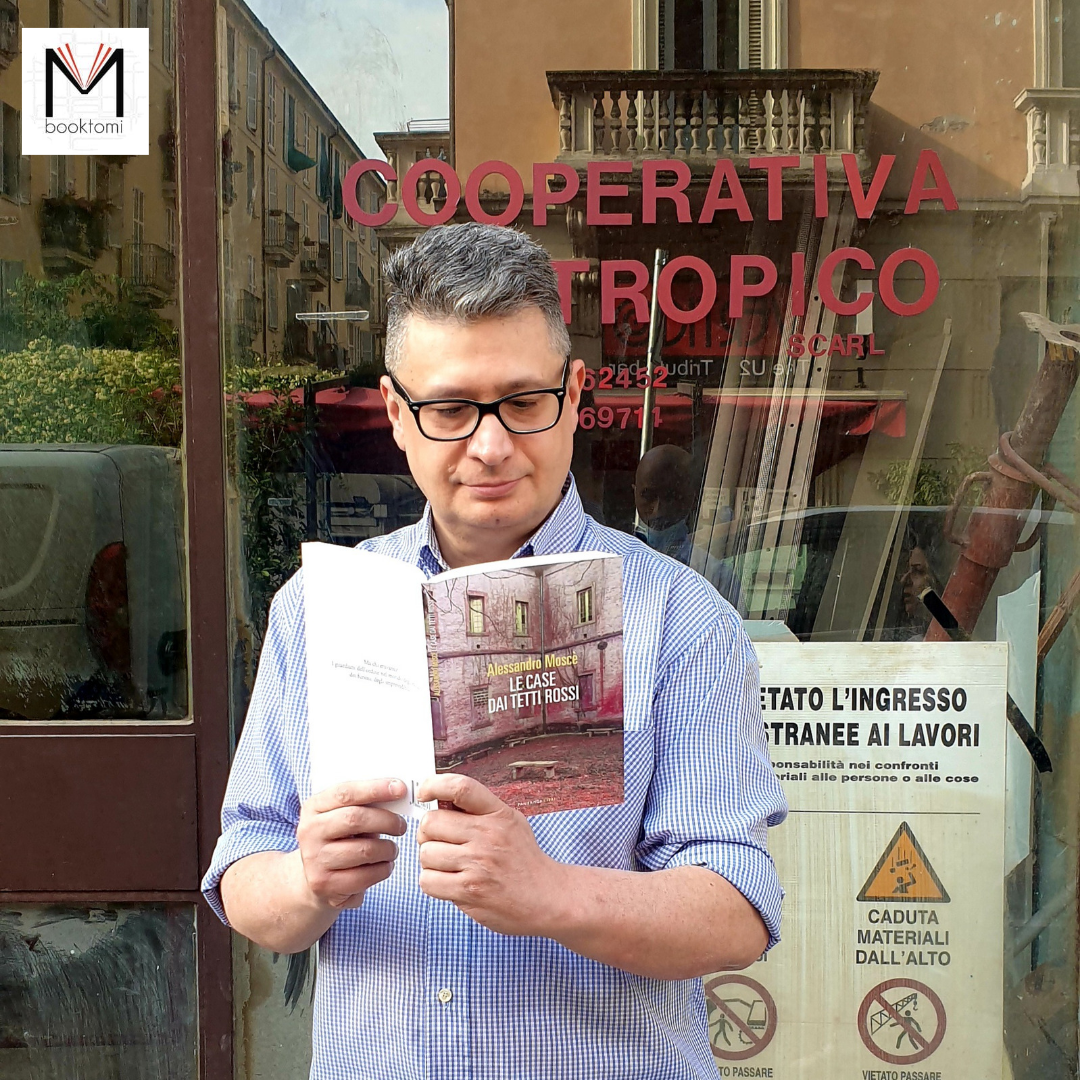“He ended up in a mental hospital because he didn’t know where to go.”
Taking his cue from the sale of the grandmother’s house in Ancona, the author retraces the footsteps of memory on the nearby asylum with red roofs (hence the title). To support him in the story, the search for medical records and the return to the houses with red roofs after many years, when the structures are now used for another use.
In the reconstruction of the parallel world, beyond the Pillars of Hercules of reason, there are characters who were not sick, locked up only because they had nowhere to go, or simply because they were different in terms and ways that the society of the time was not. ready to accept.
Through a work of memory and research, the author reconstructs the stories of truly existed women and men, who had managed for a long period of time to build some form of balance, which allowed the structure to move forward.
The sick interned, and we did not choose this verb by chance, were hidden behind very high walls and red roofs as bearers of an original sin impossible to absolve
Hiding the disease when you are unable to cure it, because there is often no cure for the evil of the soul. Cold baths, electric shocks and medicines as means to extinguish that shred of humanity and life in life. A situation of infirmity (or inferiority?) For which the “crazy” were even denied love, because it was twice considered wrong; it is no coincidence that men and women were for a long time divided into separate sections by day and by night.
However, Moscè’s novel does not want to point the finger at doctors or nurses, or institutions more generally that endorsed certain medical treatments, or presumed to be such. It simply wants to tell what it was, and to give dignity to people whose thoughts got sick.
Finding a character to fall in love with was not difficult, from the gardener Arduino and his intense work to give natural passive serenity to the guests, to the doctor Lazzari who literally revolutionizes life in the asylum, trying to give dignity to the sick. We particularly appreciated Nazzareno, an attendant / guest of whom the writer (whom we met and with whom we talked during the BooktoMi 2022 station review) told us some background that we did not imagine (but that if you have the patience to see the presentation of the book on our youtube channel after reading the book, will leave you positively surprised).
_____________________________________________________________________________________________________
Alessandro Moscè, Le case dai tetti rossi, Fandango, Roma, 2022




